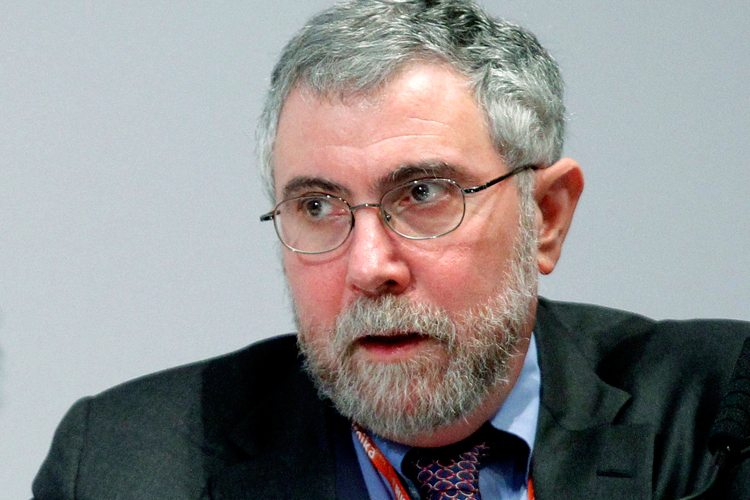What do Texas Gov. Rick Perry and Leung Chun-ying, the Beijing-backed Hong Kong leader, have in common?
Both men, in their own ways, are part of the plutocratic revolt against democracy that Nobel Prize-winning economist Paul Krugman unmasks in his New York Times column this morning. Pro-democracy demonstrators in Hong Kong have demanded an open vote for citizens in selected their leaders, rather than only being able to choose from a slate of candidates approved by Beijing. As Krugman notes, Leung responded to demonstrators’ call for democracy with this stunningly frank statement: “You would be talking to half of the people in Hong Kong who earn less than $1,800 a month. Then you would end up with that kind of politics and policies.” What kind of politics and policies? “[P]resumably, [those] that would make the rich less rich and provide more aid to those with lower incomes,” Krugman guesses, not unreasonably.
Lest we think that contempt for democracy is only a feature of foreign regimes, Krugman draws attention to the American right’s concerted campaign to undermine our own democratic processes. Plutocrats and their political proteges know that populist policies like wealth redistribution are enormously popular among lower-income voters, Krugman writes. So they have responded with a variety of tools — disingenuous propaganda about how spreading the wealth harms our country’s sainted “job creators,” efforts to stoke divisions between lower-income whites and poor minorities, and “mak[ing] sure government programs fail.”
“But these strategies for protecting plutocrats from the mob are indirect and imperfect,” Krugman observes. “The obvious answer is Mr. Leung’s: Don’t let the bottom half, or maybe even the bottom 90 percent, vote.”
And that brings Krugman to the kinds of voter suppression measures passed around the country, including in Rick Perry’s Texas. The economist’s forecast for the future of democracy in this country is frighteningly uncertain:
And now you understand why there’s so much furor on the right over the alleged but actually almost nonexistent problem of voter fraud, and so much support for voter ID laws that make it hard for the poor and even the working class to cast ballots. American politicians don’t dare say outright that only the wealthy should have political rights — at least not yet. But if you follow the currents of thought now prevalent on the political right to their logical conclusion, that’s where you end up.
The truth is that a lot of what’s going on in American politics is, at root, a fight between democracy and plutocracy. And it’s by no means clear which side will win.

